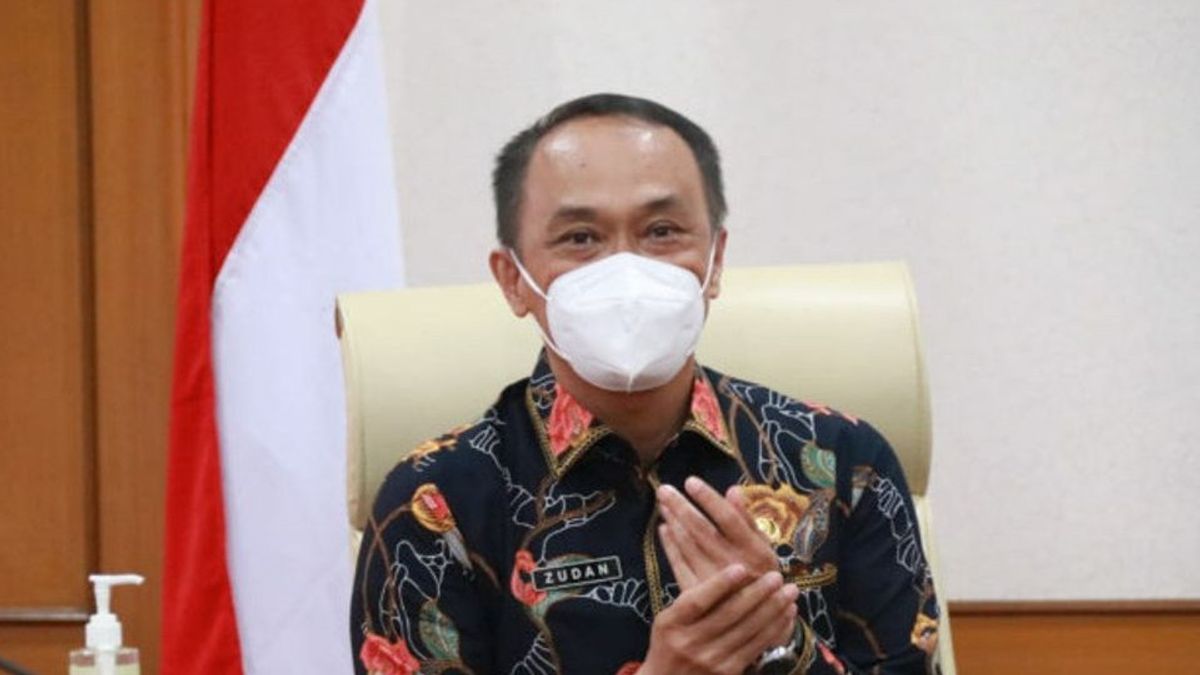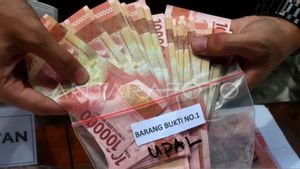JAKARTA - The Director General of Population and Civil Registration (Dukcapil) of the Ministry of Home Affairs, Zudan Arif Fakrulloh, explained the reason why his party charged a tariff of Rp. 1,000 for accessing the Population Identification Number (NIK) to financial institutions such as banks, insurance, and the capital market.
Zudan said, the government's decision to make the NIK access rate was to obtain a budget for the rejuvenation of the dukcapil system through the non-tax state revenue (PNBP).
"The basic consideration for applying NIK tariffs or services for accessing population data and documents is to keep the Dukcapil system alive. PNBP will be used for maintenance and rejuvenation of the DG Dukcapil's server and storage infrastructure in serving the community and user institutions," said Zudan in his statement, Sunday, April 17th.
In addition, continued Zudan, financing for access to NIK for institutions is also used to improve service quality and data accuracy. This is because the service burden is increasing.
"The number of residents and the number of user institutions that used to be only 30 are now 5,010 institutions that have collaborated, but the APBN budget continues to fall," said Zudan.
Regarding the estimation of PNBP that will be received from the policy, Zudan admitted that Dukcapil did not set a nominal target. This is because the imposition of this NIK check rate is not the main source of income, but is only an addition to the APBN so that the Dukcapil system is maintained to provide services.
Furthermore, Zudan emphasized that in terms of PNBP, the service for accessing population data and documents does not sell population data and does not provide data.
The user agency already has the data and it is verified by Dukcapil. Dukcapil only provides verification of a person's data with true or false notifications (suitable/incompatible).
"The private sector that utilizes access to population data must go through various stages/requirements. Among them have collaborated with the Directorate General of Civil Registration (MoU and PKS), PoC system (Proof of Concept), signed NDA (Non Disclosure Agreement), and SPTJM (Letter of Accountability). Absolute) to comply with the obligation to maintain and protect data," explained Zudan.
"And they are not allowed to transfer data even though they are no longer working together or known as the zero data sharing policy. User institutions must also be ready to follow the applicable regulations," he concluded.
The English, Chinese, Japanese, Arabic, and French versions are automatically generated by the AI. So there may still be inaccuracies in translating, please always see Indonesian as our main language. (system supported by DigitalSiber.id)













